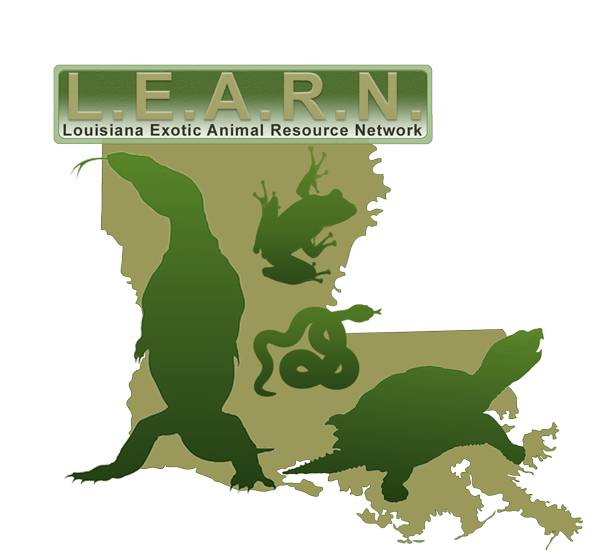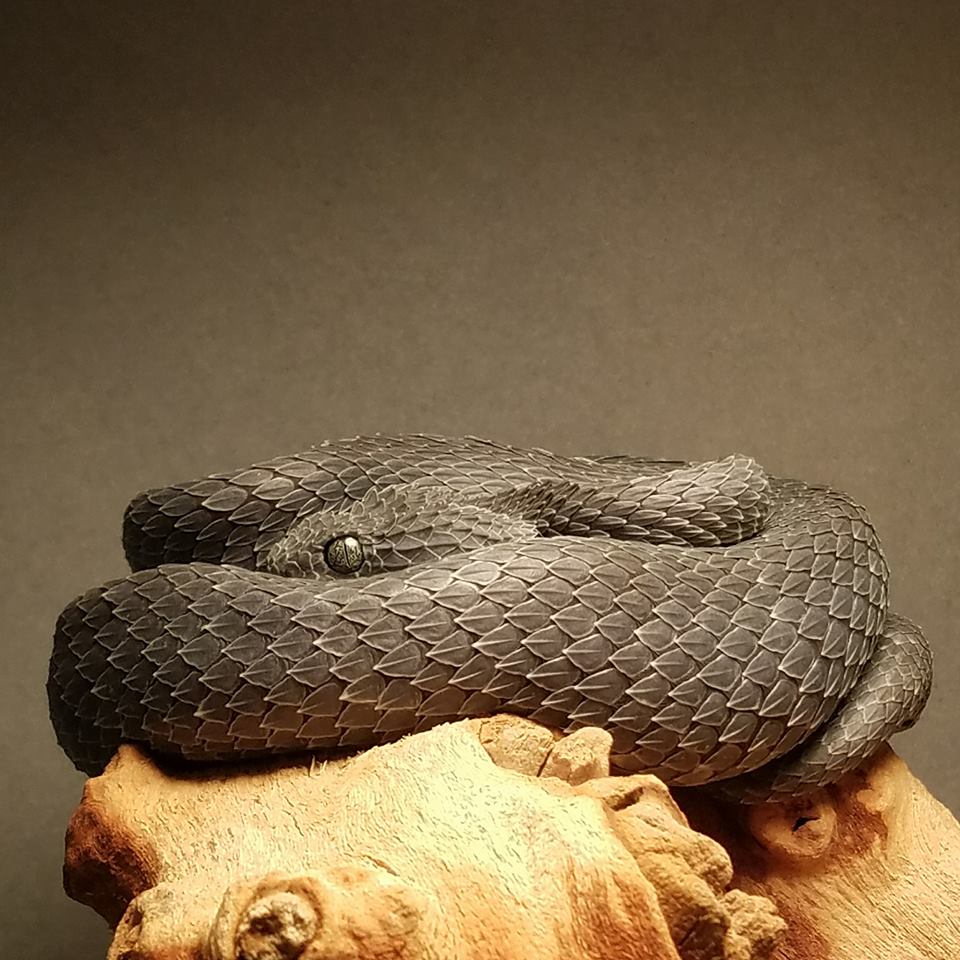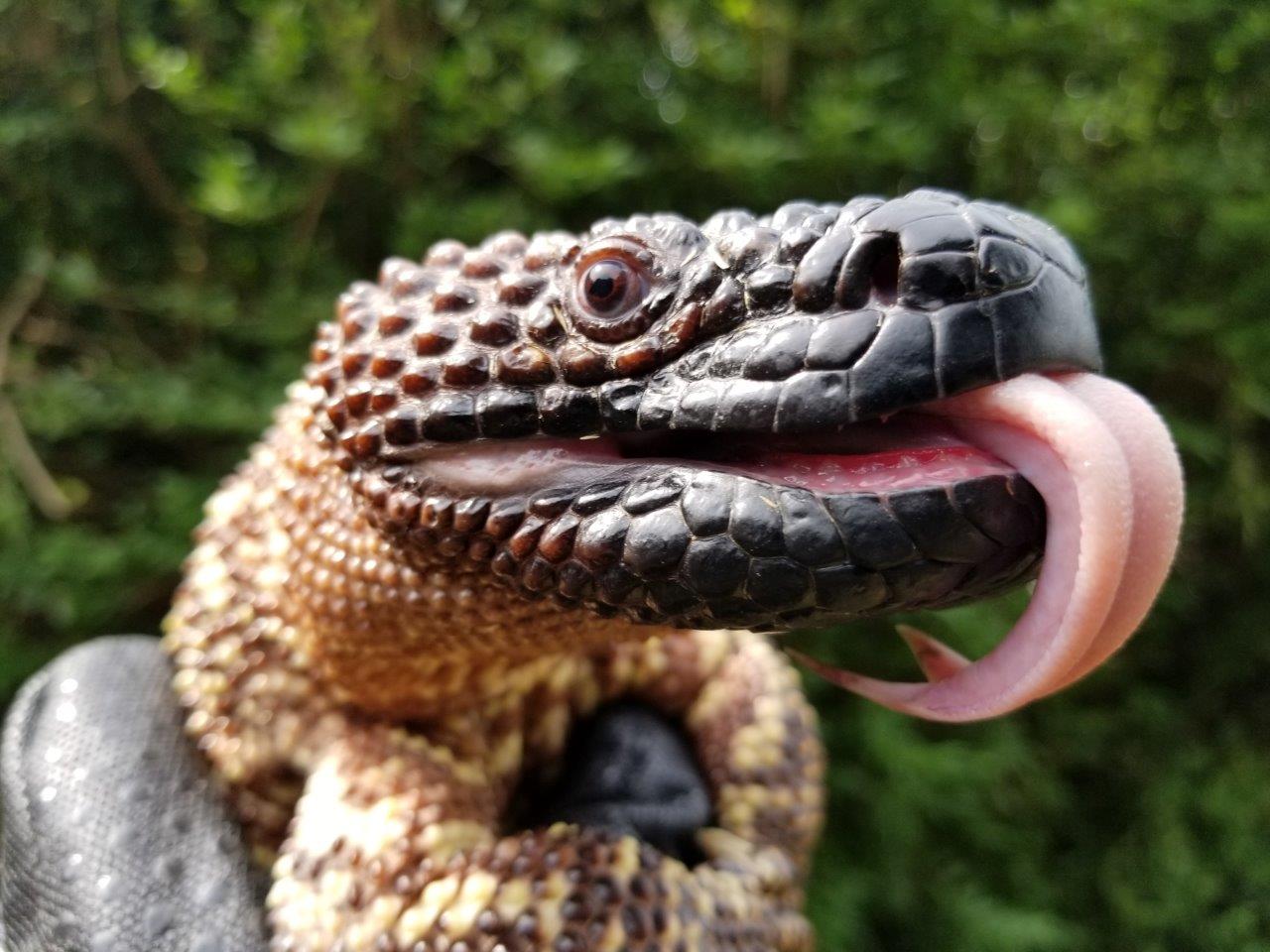The sad fact is that commercial collection of animals for the food and pet trades is taking an enormous toll on wild populations. There is also a thriving black-market trade in protected species in many parts of the world. In some instances, collection efforts actually increase when species are granted protection because of the increased black-market value (similar to what is observed in drug, weapon, and other illegal trades). Enforcement agents and conservation workers do what they can to curb this practice, but there are unfortunately many more people willing to smuggle animals to make some quick cash than there is funding for enforcement efforts. Worldwide, the result of all this is that a great many species are becoming vulnerable or threatened as a direct result of these intentional human activities.
When you see a strikingly beautiful, personable, or otherwise fascinating species of herp in a magazine or online, it can be tempting to want to own one. Even if there are established data indicating that the species is under pressure already, it can be easy to tell yourself that you “only want one.” You might think that just one animal can’t have much of an impact either way on wild populations. Such thinking has multiple flaws.
For one thing, commercial collection happens on a different scale than personal collection. There are a host of factors to consider (legality and cost of care being two examples) before collecting any animal from the wild, even if it as seemingly innocent as allowing a child to keep a pet lizard they found in the yard. Even if you feel small-scale personal collection is generally harmless, however, we must consider that involving money with collection activity opens animals up to countless people scouring the countryside, often removing every animal they find and having an enormous impact. Once people start collecting animals as a livelihood, they often continue until the animals are so scarce that collectors are no longer able to profit from the activity. By that time, the population has likely been so severely decimated that it can no longer recover from these losses. In other words—it is not “just one animal” being affected.
Another reason is that, if you want a pet and can provide the proper care, there are countless surrendered and unwanted herps needing better homes right now. Regardless of your feelings on breeding herps for sale, captive breeding reduces the impact on wild populations, as those animals have already been counted out of wild breeding populations and are meeting customer demand. Captive-bred animals are preferable to wild-caught animals both for ecological reasons and because they are often healthier than those that have been caught and shipped around the world in questionable conditions.
Collection for the food trade is an additional layer of activity that is also causing considerable pressures on herps worldwide. This ranges from the shipment of thousands of animals across borders down to small “bush-meat” markets in less developed countries. You may not feel like you can do much about the numerous examples of ecologically unsustainable practices, but one thing you can do is to resolve that your household will not contribute to the issue. Make that decision today!
(In contrast to these cautions about commercial collection, it should be noted that the capture and sale of non-native herps may provide an economical and eco-friendly solution to problems of invasive species.)


